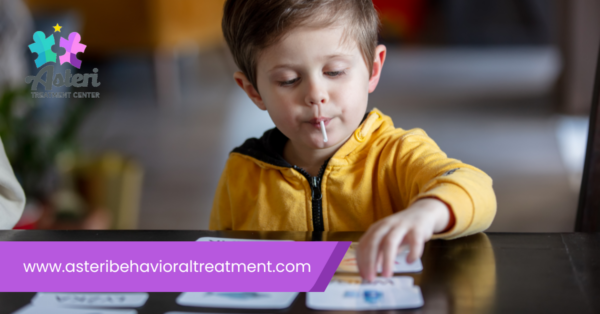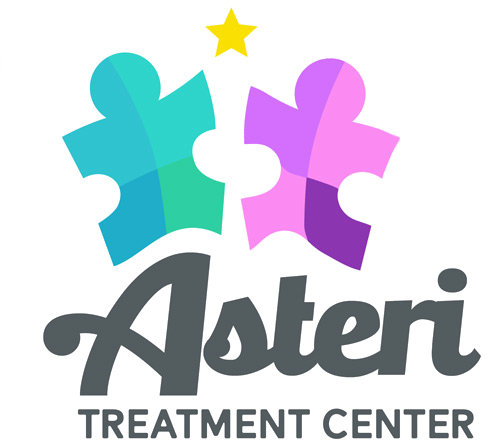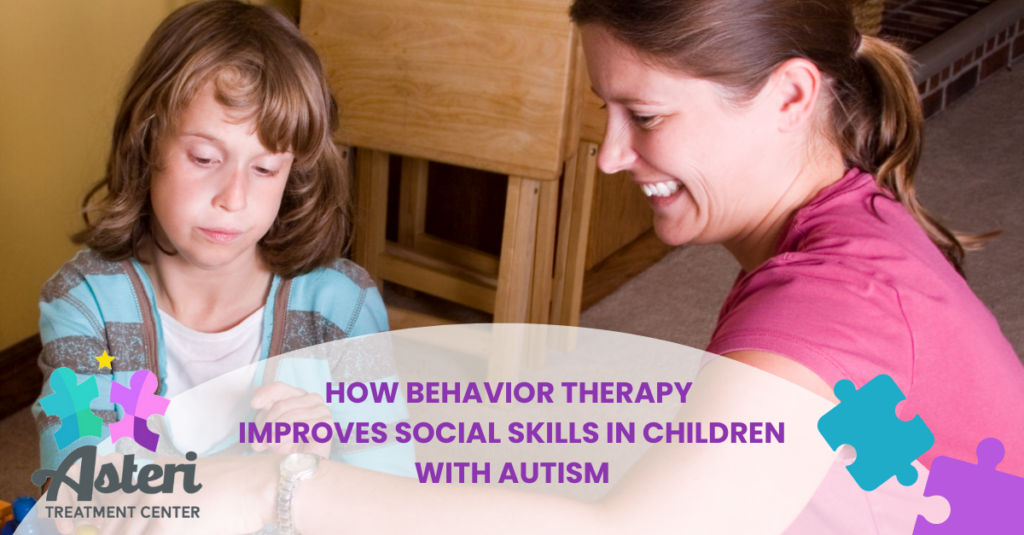For families of children with autism, navigating the complexities of social interactions can feel overwhelming. The good news? Through behavior therapy, especially Applied Behavior Analysis (ABA), children can develop critical social skills that help them better connect with others and express themselves effectively. But how exactly does behavior therapy make a difference? And what real-life outcomes can families expect?
What Is Behavior Therapy for Autism?
At its core, behavior therapy for autism uses evidence-based techniques to encourage positive behaviors and reduce challenging ones. Applied Behavior Analysis (ABA), the most widely recognized method, relies on identifying the environmental factors that influence behaviors and implementing strategies to create lasting change.
The key feature of ABA is its adaptability to each child’s unique needs. By breaking down complex social behaviors into manageable steps, therapists can help children develop the foundational skills that underpin successful social interactions.
Real-Life Outcomes of Behavior Therapy for Autism
1. Initiating Play
For children with autism, approaching peers or initiating play may not come naturally. Behavior therapy teaches children how to take those first steps in engaging with others. This may involve learning how to greet someone, introduce themselves, or suggest an activity.
The Impact:
Families often report seeing their children interact with classmates at birthday parties or start conversations with neighbors for the first time. These breakthroughs may seem small, but they represent significant progress in building relationships.
How ABA Helps:
Therapists design custom interventions to teach children these skills in structured settings. For example, they might create a role-playing exercise where a child practices asking another child to join in a game. Positive reinforcement encourages these behaviors to carry over into real-world settings.
2. Turn-Taking and Sharing
Sharing toys, waiting for a turn, or following group rules are vital social skills that children with autism can struggle with. Behavior therapy focuses on teaching these actions explicitly, helping children grasp the importance of fairness and patience.
The Impact:
Parents often describe moments of pride when their child shares a toy or waits in line without frustration during family outings or classroom activities. These skills enable children to participate in group settings with greater ease.
How ABA Helps:
Behavior therapists use specific techniques such as reinforcement schedules and visual cues to teach turn-taking. For example, a therapist might use a timer during a game and reward the child for waiting their turn without interrupting. This repetition helps children internalize patience as part of their social repertoire.
3. Emotional Regulation
Managing emotions like anger, frustration, or anxiety is often one of the biggest challenges for children with autism. Behavior therapy aims to equip children with strategies to recognize their emotions and respond to them constructively.
The Impact:
Families frequently observe improved interactions in previously difficult situations, like remaining calm during unexpected changes or expressing their needs verbally instead of through tantrums. These improvements enhance both the child’s quality of life and daily routines for the family.
How ABA Helps:
Therapists use tools like social stories, where children explore real-life scenarios and learn how to handle their feelings. They also teach children techniques like deep breathing or “taking a sensory break” when overwhelmed. Over time, these methods empower children to self-regulate more independently.
Why Behavior Therapy Benefits Families Too
The positive effects of behavior therapy extend beyond the child. Parents gain valuable tools and strategies to reinforce progress at home and feel more confident in supporting their child’s development. Many families report feeling less stress and experiencing more joy as their child’s social skills improve.
Building a social foundation at an early age also prepares children for future challenges, such as making friends in school, succeeding in extracurricular activities, and eventually navigating the workplace.

Why Choose ABA Therapy at Asteri Behavioral Treatment Center?
At the Asteri Behavioral Treatment Center, we specialize in providing tailored ABA therapy designed to address the unique strengths and needs of every child. Our focus is not just on short-term progress but also on cultivating lifelong abilities.
What Sets Us Apart:
- Customized Approaches: No two children are alike, and neither are their therapy plans. Our team develops personalized programs with measurable goals.
- Collaborative Support: We work closely with families to provide the tools and guidance needed for success beyond therapy sessions.
- Compassionate Expertise: Our certified therapists bring a wealth of experience in facilitating meaningful change while ensuring that therapy sessions are engaging and fun.
A Brighter Future Through Social Connections
Behavior therapy, and specifically ABA, is a powerful tool in helping children with autism achieve significant social milestones. Improvements like initiating play, mastering turn-taking, and regulating emotions may seem small, but they pave the way for greater independence and stronger relationships throughout life.
For families considering behavior therapy, the first step is understanding your child’s unique needs and goals. If you’re ready to take that step, the experts at Asteri Behavioral Treatment Center are here to help. Reach out today to learn more about our individualized ABA programs and how we can support your child’s development.
Together, we can unlock their potential.
[Contact Us for a Free Consultation]

